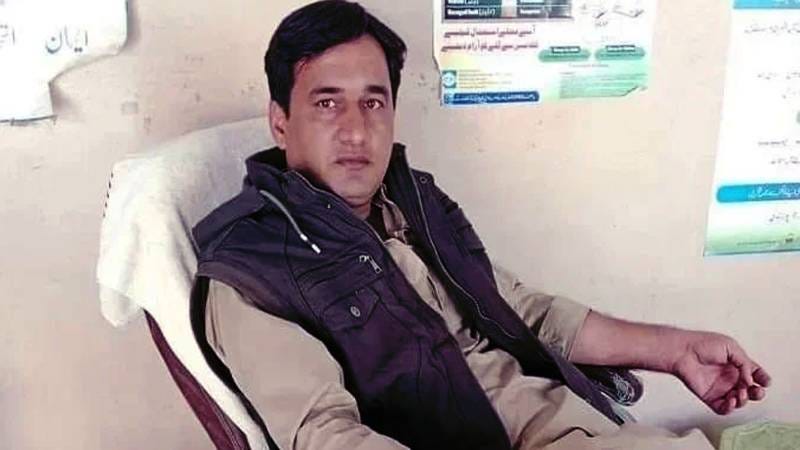Protests Erupt in Pakistan
Left Movements in Pakistan Are Voicing Alarm Over Rising Extrajudicial Killings
Hundreds of people gathered in Umerkot on Wednesday 25 September, to protest the rising instances of extrajudicial killings in Pakistan’s Sindh province. Protesters voiced concern over the growing collaboration between the state and religious extremist forces and demanded justice for the victims.
The protest was organized by a Joint Action Committee made up of civil society groups and left organizations in Sindh, following the extrajudicial killing of Dr. Shahnawaz Kunbhar, a medical doctor, by the provincial police in what was allegedly a staged encounter last week.
Dr. Kunbhar’s daughter also attended the protest, where demonstrators accused the Pakistan People’s Party (PPP)-led provincial government of protecting extremist forces and the policemen involved. Protesters questioned the PPP leadership’s secular credentials, according to Dawn.
On 18 September, the physician had been arrested under Pakistan’s controversial blasphemy law which prohibits insulting Islam or Islamic figures and can result in the death penalty. His home was raided by Sindh police and just a few hours later he was killed, with the police reporting it as in the context of a shoot out. When the police attempted to return his body to the family for cremation, a mob reportedly snatched the body and later burned it, motivated by the blasphemy accusations.
In response, protesters have demanded an immediate ban on extremist religious preachers and the arrest of individuals who incited the violence through social media posts. They also called for immediate action against the police officers responsible for Dr. Kunbhar’s killing.
Commending the protesters in Umerkot, Haqooq-e-Khalq party leader Ammar Ali Jan said in a post on X that while the state surrenders to extremists, people are showing “unparalleled bravery to defend humanity.”
Lynchings on the rise
Pakistan has seen a rise in mob lynchings related to blasphemy accusations. On 12 September, a policeman shot dead a person accused of blasphemy while in custody in Quetta, Balochistan province. Afterwards, state officials reportedly pressured the family of the victim to “pardon” the accused policeman.
According to reports in Pakistani media, at least four people have been killed in mob violence related to blasphemy since May, including members of minority communities. In all cases, the role of police and local authorities has come under scrutiny.
Dr. Kunbhar’s extrajudicial killing has drawn strong condemnation from the Human Rights Commission of Pakistan (HRCP). In a statement on X, the HRCP called this pattern of violence “an alarming trend,” especially given the alleged involvement of law enforcement.
The HRCP called upon the state to react to the rise in religious extremism, claiming that it has “historically sponsored” such hate. The commission urged Pakistani authorities to act swiftly to “counter the rising radicalization that triggers such incidents.”
Several civil society movements and human rights groups echoed these concerns, demanding immediate action to curb religious extremism in Pakistan and protect citizens’ rights to life and religious freedom. Amnesty International stated: “The horrific spate of extrajudicial killings of people accused of blasphemy highlights the government’s ongoing failure to uphold their obligation to respect and protect human rights, including the right to life, freedom of religion or belief, and prohibition of discrimination.”




